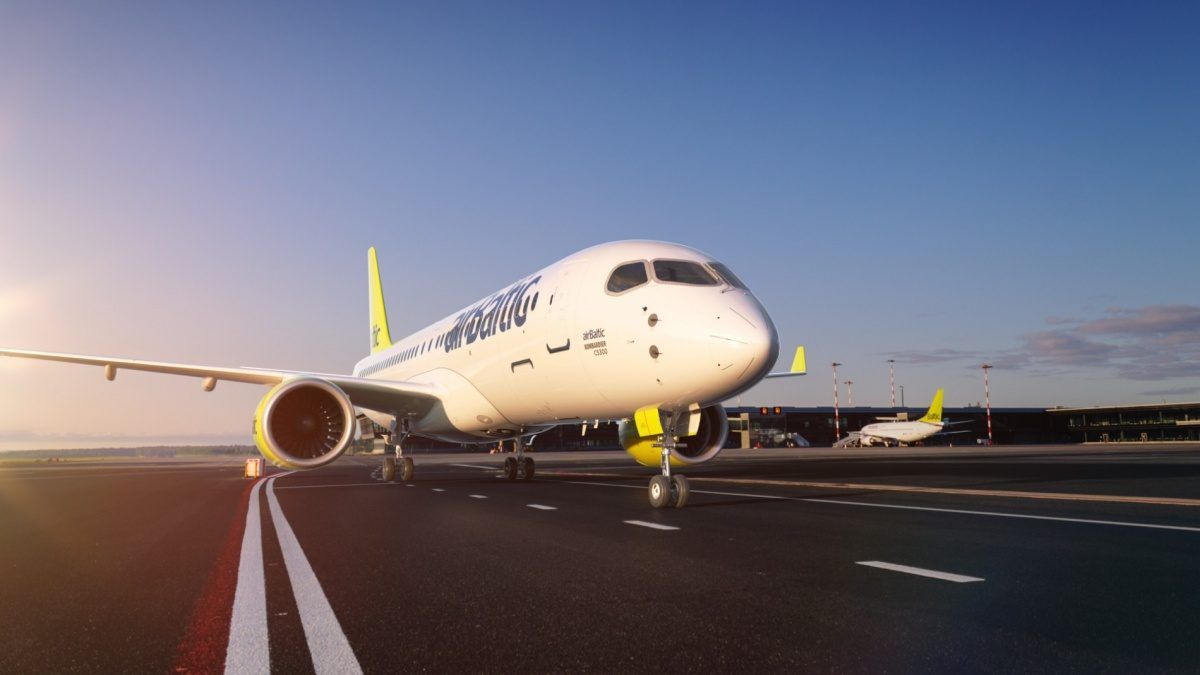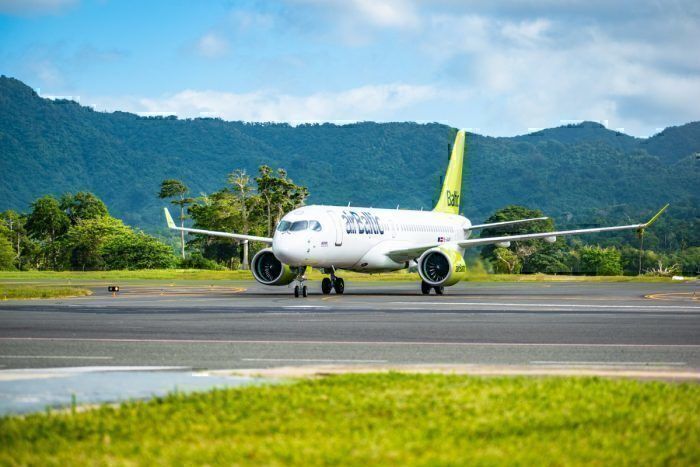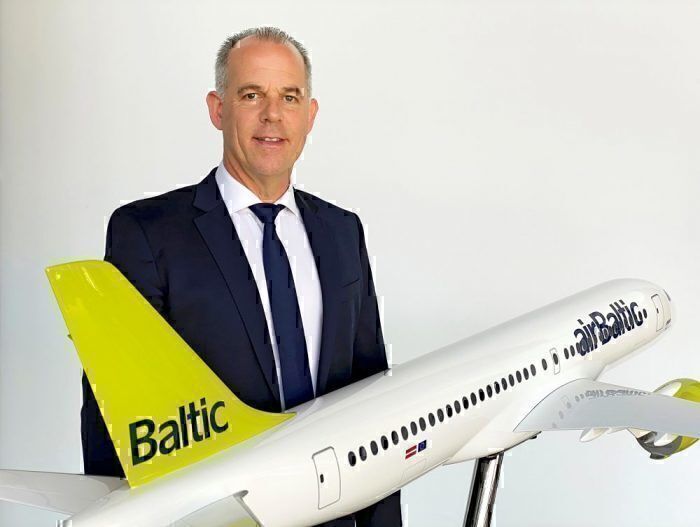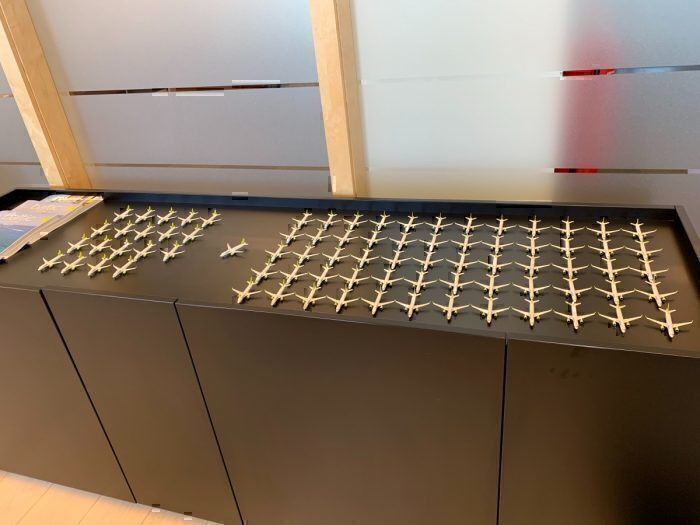airBaltic CEO Martin Gauss has published an open letter to staff and passengers today, outlining the measures the airline is taking to minimize the impact of COVID-19 on his business. Within the letter, he notes the difficulties that the airline is facing, but also looks to the future and how he plans to return to form once the crisis is over.
Restarting with just five aircraft
In Mr. Gauss’ open letter, he indicates that he expects demand to ramp up relatively slowly. He says that,
“Once the restrictions are lifted, we intend to start our operations with only five Airbus A220-300 aircraft. We then plan to gradually add one aircraft per week as demand returns.”
The airline has already put plans in place to phase out its remaining Boeing 737s and Bombardier Q400s, leaving it with a fleet of 22 A220s in its current line up. Adding five to start and one a week going forward would mean it would take the airline around 18 weeks, or just over four months, to get back to its current capacity.
This seems a pretty logical outlook from the CEO, and is in line with what others in the industry have been forecasting. While there is a slim chance some global movement will resume before the end of the summer season, overall its unlikely that demand will return to the pre-outbreak levels with any speed. Gauss reiterates his thinking in the letter, saying,
“Over time, the demand for travel is expected to return. Therefore, we have adjusted our network so that we can continue providing air connectivity to the Baltics and eventually grow back to our previous levels.
"As several thousand aircraft are currently parked across the continent, it is very difficult to predict what will happen with European aviation. Bringing these aircraft back into the air will take some time, and it also depends on how individual countries recover from these difficult times.”
Will airBaltic defer Airbus deliveries?
Of course, should deliveries of new aircraft from Airbus continue to arrive during the grounding, airBaltic would have an even larger fleet to accommodate. This would also mean a huge cost burden for the airline, one which it would do well to avoid for as long as possible.
Within the letter from Gauss, he notes that,
“airBaltic still has up to 80 A220-300 aircraft on order, and we will try to negotiate an optimum delivery schedule to support our future growth.”
While we’re not privy to airBaltic’s delivery schedule, the airline has been receiving new A220s with some regularity. Mr Gauss even has a table in his office with miniature aircraft, tracking the status of his orders and deliveries.
With no need for new aircraft for the foreseeable future, and for at least a few months after things begin to return to normal, it’s likely airBaltic will be asking Airbus for a delay. If this does happen, airBaltic will be joining the ranks of other airlines already asking for deferrals and delays from the European planemaker, including SWISS, Emirates, SAS and AirAsia X.
For the European manufacturer, its shaping up to be an incredibly tough year. Fewer deliveries means less cash, and less impetus to continue at the current production rate – something Airbus is already exploring. Undoubtedly, this will see ripples throughout the supply chain and, sadly, more job losses in the coming weeks.
What do you make of airBaltic’s plans? Let us know in the comments.




